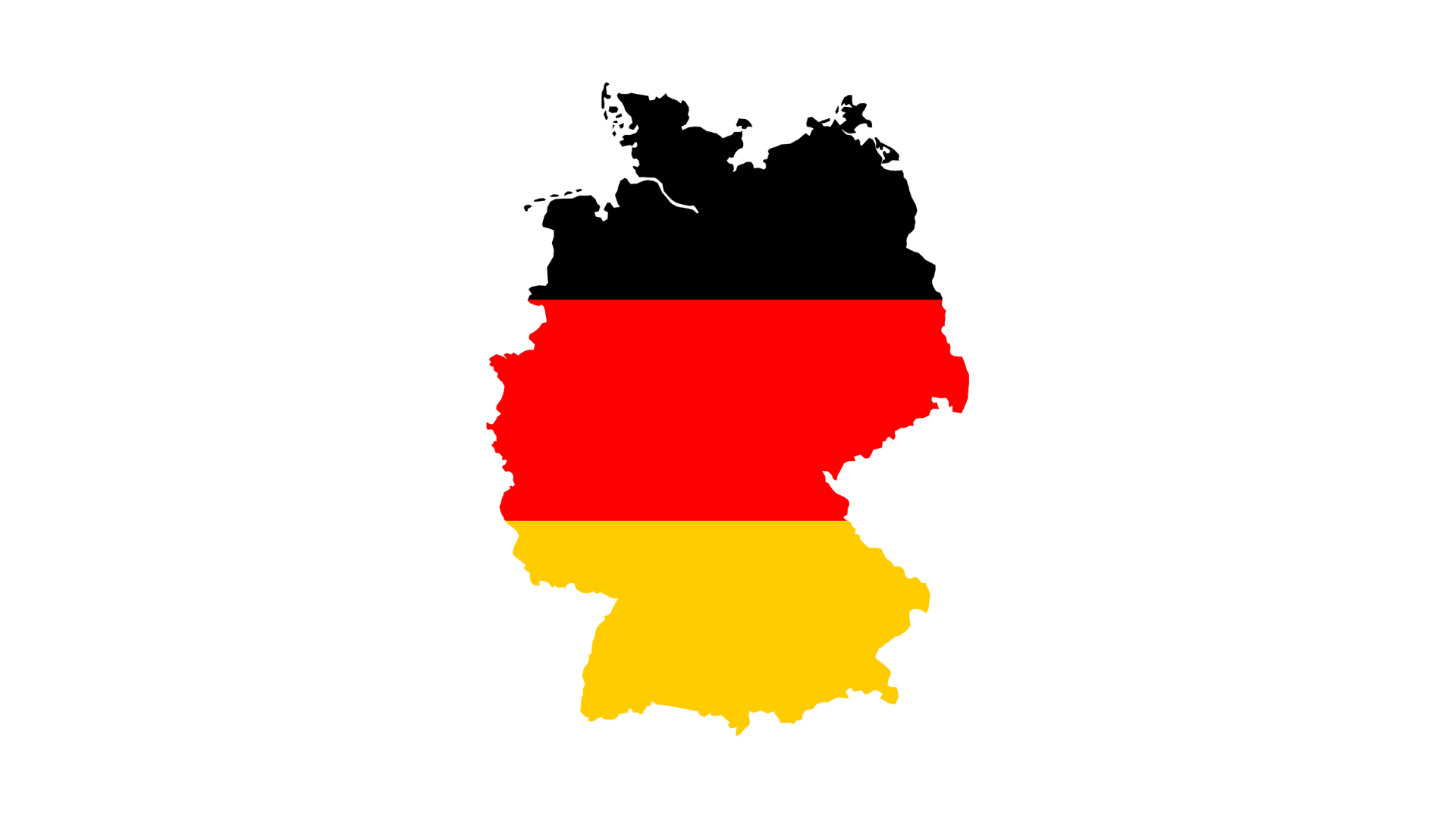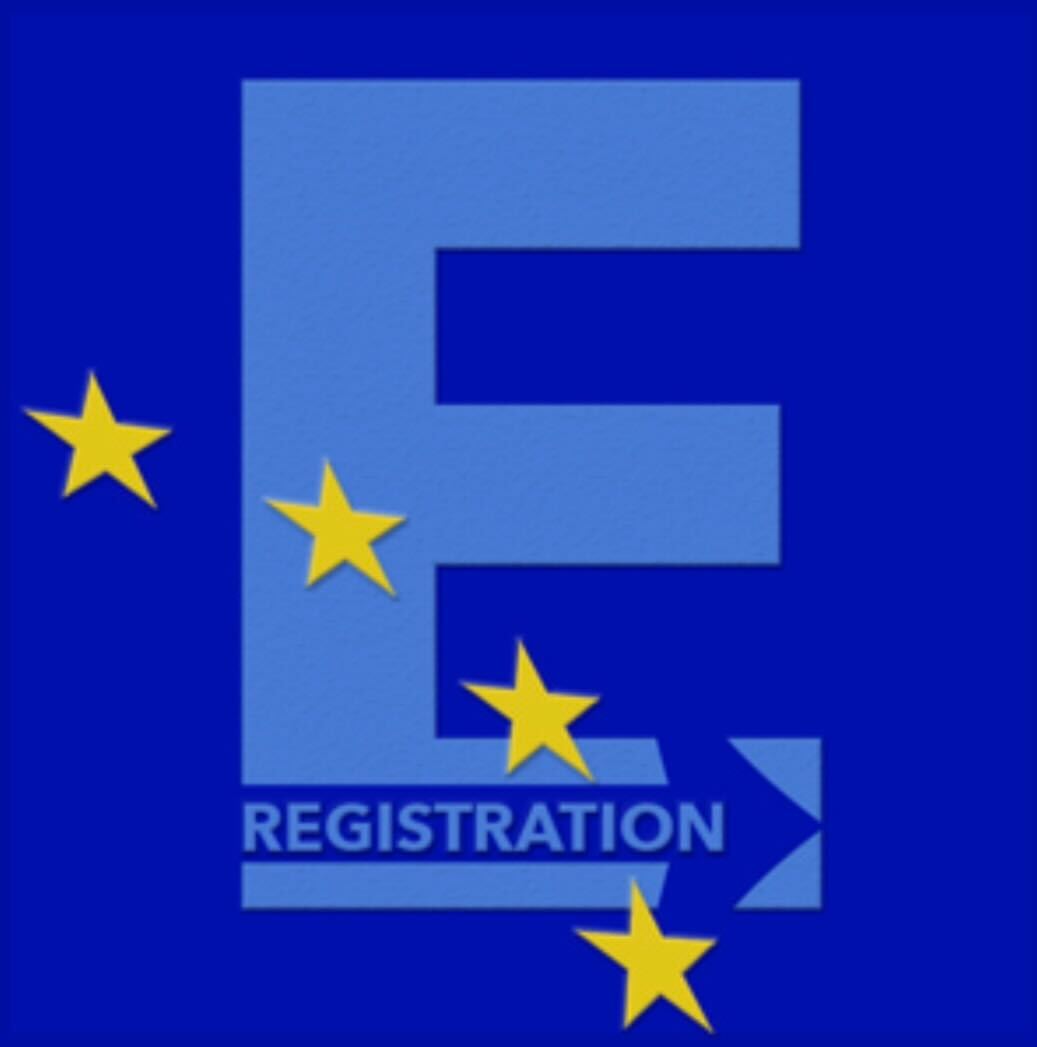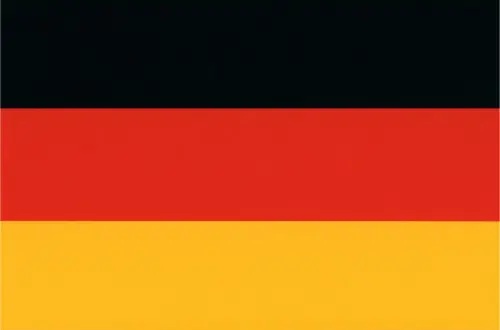
Germany is a country in central Europe that is bordered by nine other countries. It has a population of over 80 million and covers an area of 357,021 square miles. There are 16 states in Germany, each with its own capital city. The largest state is North Rhine-Westphalia, and the smallest state is Bavaria.
Germany has a temperate climate, with cold winters and warm summers. The country has four seasons: winter, spring, summer, and autumn.
Germany in the European Union
Relations between Germany and the European Union have changed significantly over the past decades. The relationship has been marked by tension, cooperation, and, at times, outright animosity. However, in recent years, relations have improved to a degree not seen since before the Second World War.
Germany is one of the most influential members of the EU and its largest economy. The country is also a major contributor to the EU budget, having paid €14 billion more into it than it has received in return over a ten-year period.
The economic success of both Germany and Europe as a whole has been largely attributed to this close relationship. Germany’s membership in Europe’s single market is one of the main reasons for its success; it exports €1 trillion worth of goods every year to other countries within Europe alone.
ETIAS for Germany
If you're looking forward to visiting Germany, by 2025, the ETIAS visa waiver will be accessible for travel to the Schengen Zone. Those of you who are not EU citizens need to know the ETIAS requirements first, though.
Travellers must complete the ETIAS online application with their personal information. Once approved, the travel authorisation will be sent to the applicant’s email address.
Travellers need to enter their personal data and be approved before they travel. The authorisation will then be sent to their email, and they can use it at the border crossings.
ETIAS offers a fast-track system for travelers coming to the EU from countries with a low risk of terrorism. Once implemented, it will allow for up to 90 days of travel within the EU in any 180-day period.
Travellers need to provide their personal information and biometric data in order to apply for ETIAS. The fee for the application is paid by debit or credit card.
Best Places to Visit in Germany
Munich is a city of culture and history. It is the capital city for Bavaria and has been for over 600 years.
Munich is home to many museums, theaters, galleries, and concert halls. The city has a rich history that can be found in its architecture, food, and culture. Munich also houses Oktoberfest, which is the world's largest beer festival.
One of Munich's most famous landmarks is the Frauenkirche church, which was destroyed in World War II but rebuilt in 2005 to look like it did before the war. Visitors can take a tour of this church or explore some of the other churches that are scattered around the city.
Hamburg is a city in the north of Germany and is the second-busiest port in Europe.
Hamburg was founded by Charlemagne in 810 as a trading city and later became one of the most important European ports. It has been called "the Gateway to the World" by historians.
The origin of the name Hamburg is uncertain, but it seems likely that it comes from Old Low German Hamme, meaning "river-bend," referring to its geographical location at a point where a river (the Elbe) makes an abrupt bend and changes course to flow westward.
The city's name can also be considered as coming from Hamburgum, meaning "village in the bend." The original village of Hamburg was located on a small island just off shore near present-day Altona and, about 700 years ago, became part of Hamburg proper, with around 1,000 inhabitants.
Strasbourg is the capital of the Alsace region and a major European center. The city is home to a number of world-renowned museums, including the National Museum of Art and the National Museum of Natural History. It also has some historic monuments, such as the Notre Dame Cathedral, which was built in the 13th century.
Strasbourg is one of France's oldest cities and has been a regional capital since 1681.
Frankfurt, the financial hub of Germany and the de facto capital of Europe, is a bustling city that is full of culture and history.
It is home to many international organizations such as the European Central Bank, Deutsche Börse (the German stock exchange), and Commerzbank.
The city has also been home to many important historical events, such as the signing of the Treaty of Frankfurt in 1871 and the end of World War II in 1945.
Berlin is a city that thrives on creativity, innovation, and freedom of expression. It is a city that has seen some of the most significant political events in the 20th century and yet remains one of the most liberal cities in Europe.
Berlin’s culture is a mix of old and new. The capital has been shaped by its layered history, which includes being part of East Germany during the Cold War, but it also has an artsy spirit. Berliners are known to be creative people who appreciate art and design.
Things You Must Know Before Going to Germany
Germany is one of the world's most powerful and prosperous countries. It is a leading member of the European Union, a founding member of NATO, and a part of the Schengen Area. The German economy is one of the world's largest and most competitive. Germany attracts many tourists each year because of its modern cities and efficient communication. They also have sophisticated transportation links.
The European Union has had a visa liberalisation policy in place since 2006. This policy has been an added bonus for many travellers from outside Europe. These people can now benefit from ETIAS in Germany, which will provide them with more safety and security.
Frankfurt is one of the most important financial hubs in Europe. This can be seen through the fact that the European Central Bank is located here, which positions this city to play a pivotal role in the region's economy.
Business travelers are drawn to the city for its wealth of business-related opportunities. Tourists also flock to visit world-class museums as well as different architectural styles, from traditional to ultra-modern.
According to the 2019 English Proficiency Index (EPI) report, Germany ranked tenth amongst 100 nations with very high English language proficiency. English is widely spoken in Germany, making it convenient for both tourists and business travellers.
As a result of its well-developed transport networks, many tourists choose to visit Germany. There are more than 8,000 Autobahn, the German highways, throughout the country, facilitating car travel.
A railway network is the backbone of any country's transportation system. A well-developed rail network is vital for the efficient and timely movement of both people and goods. It also provides more convenient access to almost every corner of the country, making it easier for people to work and live in various regions.



